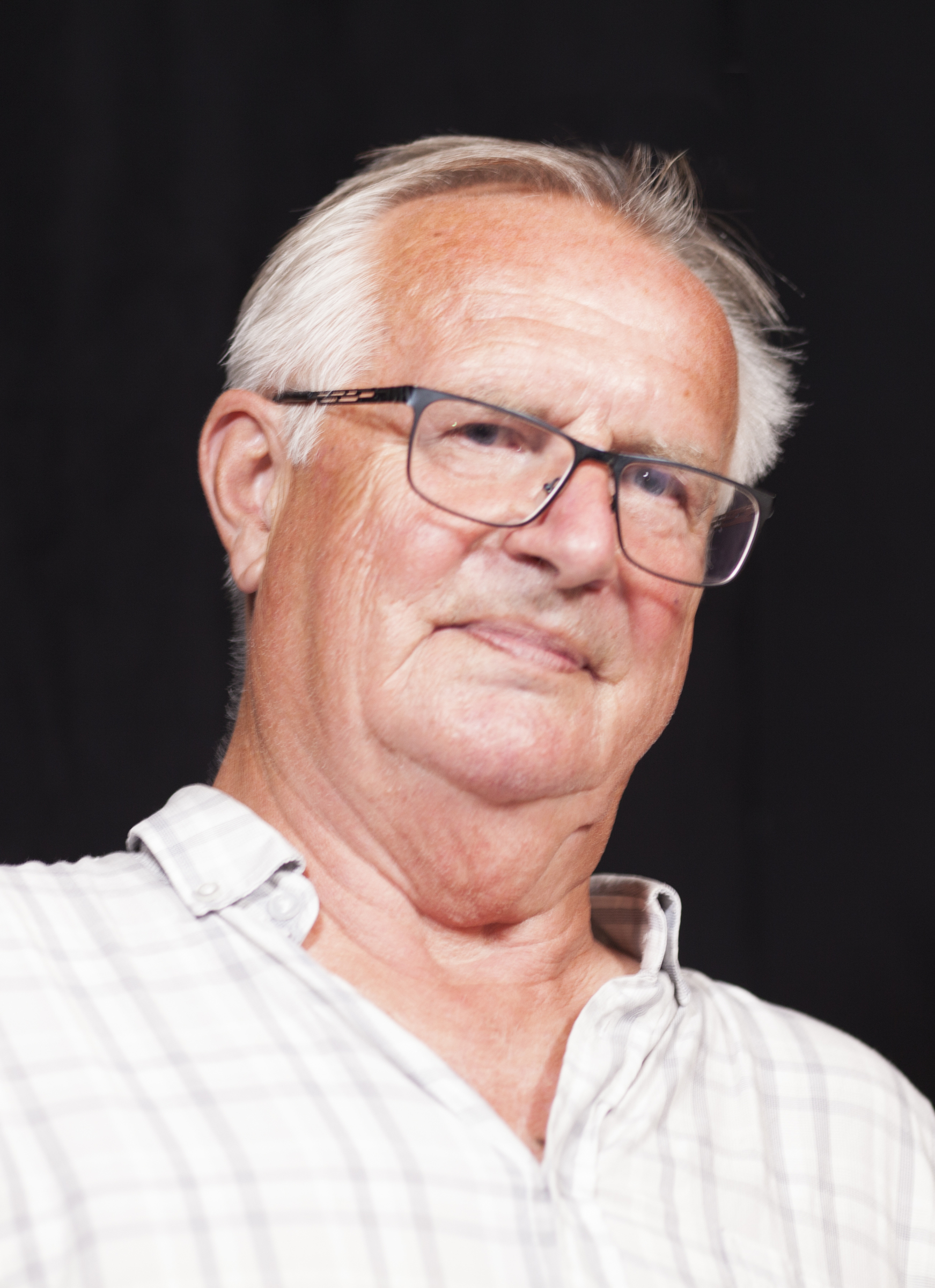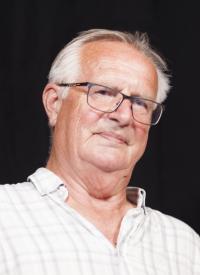I´ll be here until the day I die

Stáhnout obrázek
Josef Švajcr was born on 17 November, 1944 in Vodokrty. Shortly after his birth the family moved to Jesenice. His father was a carpenter, his mother a housewife. After finishing primary school he entered a technical secondary school in Prague, and he gained his obligatory professional experience in Přeštice, where a transmitter and also a jammer were. He completed his military service in Klatovy. In 1964, after the military service, he started to work at the Krašov transmitter. On 25 August 1968, a Russian army commando attacked the transmitter and destroyed it. In August 1969 he got in trouble because of the flag, which he had flown at half-staff. In 1972 (according to other sources it was later, in 1979) one of the anchor ropes broke and part of the transmitter mast collapsed. Josef Švajcr is now retired.
